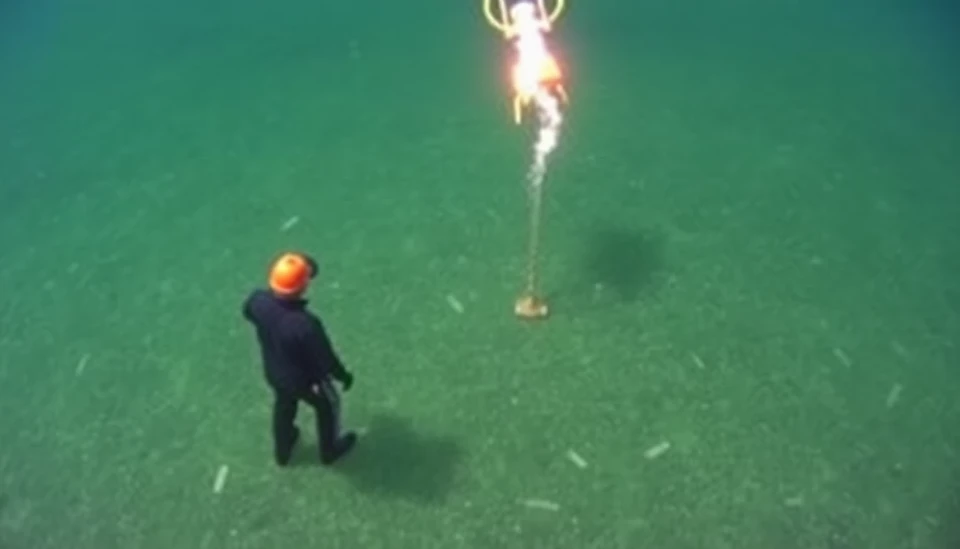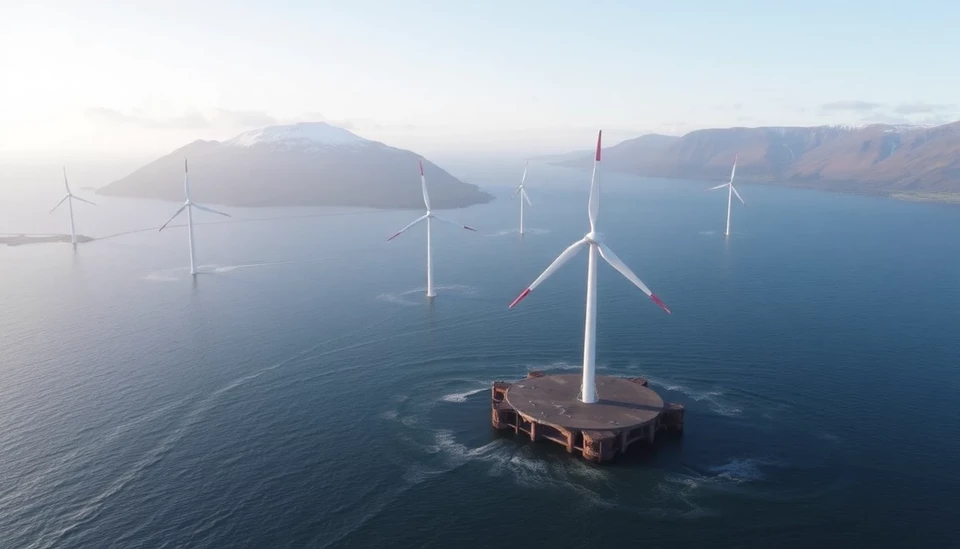
In a striking development from the ongoing saga of seabed mining, a Canadian company is actively pursuing the approval of former President Donald Trump for a proposed mining operation that has drawn significant scrutiny from U.S. regulators and environmental advocates alike. The company, known as Tamerlane Ventures, has plans to extract valuable minerals from a site in the Atlantic Ocean, but these plans have been met with fierce opposition due to potential ecological ramifications.
This proposed venture, positioned as a modern solution to the increasing demand for critical minerals, faces serious regulatory hurdles. The U.S. Bureau of Ocean Energy Management (BOEM) has expressed considerable concern regarding the environmental impacts associated with seabed mining, particularly in ecosystems that are still poorly understood. Critics argue that the operation could devastate marine habitats, adversely affecting biodiversity and ocean health.
Tamerlane Ventures contends that their innovative mining technologies are designed to limit environmental degradation and maintain sustainable practices. The company asserts that the minerals extracted are essential for industries vital to the green energy transition, such as electric vehicle batteries and renewable energy technologies. However, their assurances have not quenched the rising tide of opposition.
The environmental community remains vigilant, pressing for stricter regulations and a comprehensive impact assessment before any mining activity is allowed. Notably, several prominent scientists have publicly denounced the proposal, warning of irreversible damage to the marine ecosystems and the importance of protecting these areas for future generations. In their view, the precautionary principle should guide decisions concerning such sensitive environmental initiatives.
The controversial nature of seabed mining has ignited a renewed debate in the U.S. about the balance between mineral resource extraction and environmental stewardship. Supporters of the mining initiative argue that domestic mineral production will reduce reliance on imports, especially from geopolitical competitors. However, opponents insist that the risks far outweigh potential economic benefits and urge policymakers to prioritize ecological integrity over short-term gains.
As Tamerlane Ventures seeks to navigate the complex regulatory landscape, its call upon Trump's support could potentially alter the trajectory of this contentious proposal. The former president's influence remains strong among certain factions of the political spectrum, and if he lends his backing, it could underscore a bold shift towards embracing seabed mining as a critical component of America’s industrial strategy.
For now, the fate of Tamerlane’s ambitious venture remains uncertain, hinging on the confluence of political, environmental, and corporate interests. Broader implications of this story reflect an ongoing global struggle as countries grapple with the intersection of technological advancement, resource management, and environmental preservation in an era marked by climate change.
As the situation continues to evolve, stakeholders from various sectors are watching closely, as the implications of this proposed mining operation could ripple through environmental policy, market dynamics, and international relations for years to come.
#SeabedMining #TamerlaneVentures #EnvironmentalImpact #MarineConservation #DonaldTrump #RegulatoryChallenges #MiningEthics #RenewableEnergyTransition
Author: Sophie Bennett
